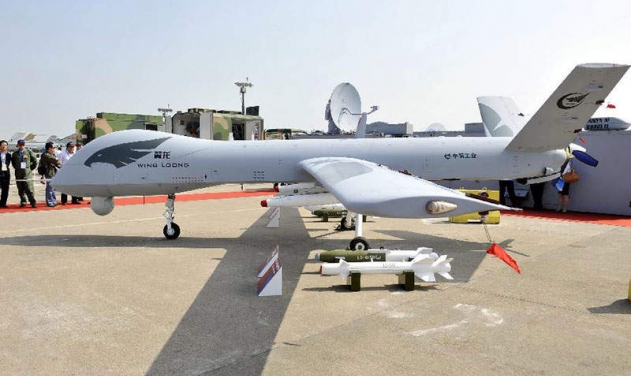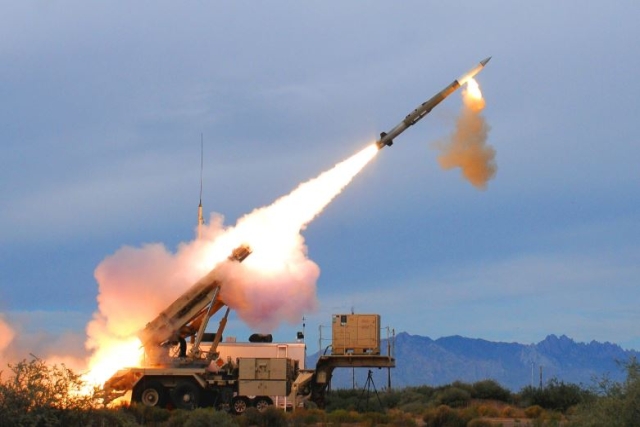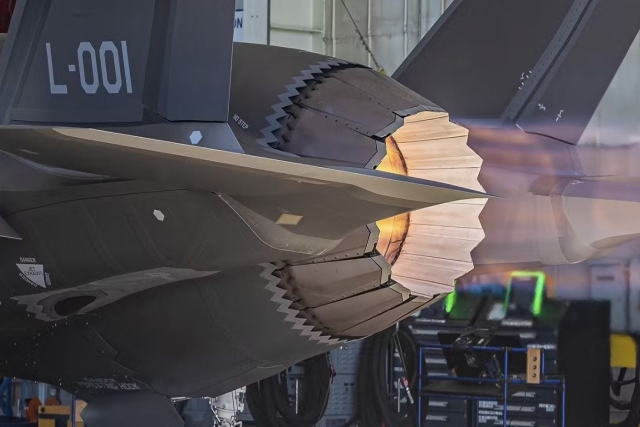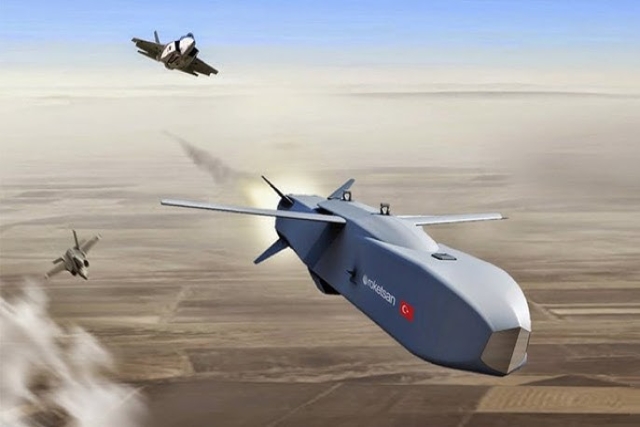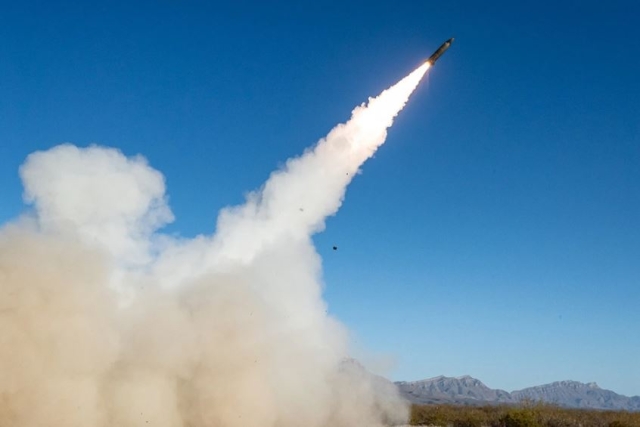US Eases Export Rules on Sale of Military Drones to Allies

The United States on Friday loosened restrictions on export of military-grade drones that fly at speeds below 800kmph such as MQ-1 Predator, MQ-9 Reaper and RQ-4 Global Hawk to foreign customers.
The rules of 1987 Missile Technology Control Regime (MTCR) agreement involving 35 countries, aimed to stop the proliferation of nuclear weapons, was changed to pave way for easier sale of unmanned aerial systems.
“This action, which is consistent with the MTCR guidelines will increase the US’ national security by improving capabilities of its partners and increase economic security by opening the expanding drones market to the US industry,” White House press secretary Kayleigh McEnany said in a statement July 24.
The MTCR standards are more than three decades old in a sector which has rapidly evolving technology and these outdated standards give an unfair advantage to countries outside MTCR and hurt the United States industry. They also hinder the deterrence capability abroad by handicapping the US’ partners and allies with subpar technology, McEnany added.
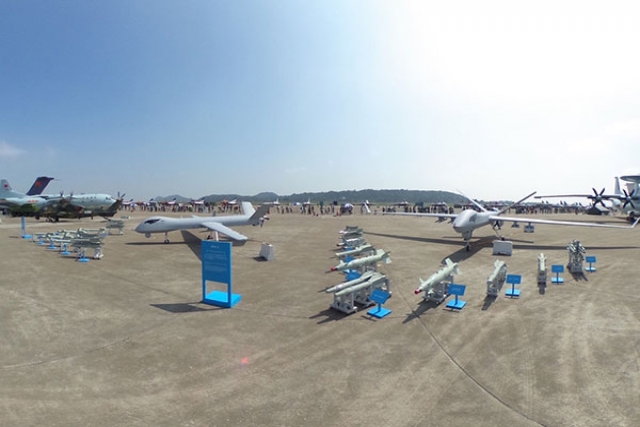
“Therefore, the President has decided to invoke our national discretion to treat a carefully selected subset of MTCR Category I UAS, which cannot travel faster than 800kmph, as Category II. As such, the United States has determined that it will overcome the MTCR’s strong presumption of denial for this UAS subset,” she said.
The export controls had led to a blanket denial of most countries’ requests to buy “category-1” systems capable of carrying 500kg payloads for more than 300km.
Countries such as China found its UAV sweet spot thanks to the US restrictions. A Stockholm International Peace Research Institute (SIPRI) report that followed Chinese drone sales between 2014 and 2018 said China saw an overall increase of 1430 percent growth in combat drone sales pushing it to the number one spot in exports. Even Israel carved a niche for itself in the drone market exporting healthy number of Hermes and Heron series during the same period.
"China's market for armed UAVs continues to grow; China now sells Caihong series UAVs to at least Burma, Iraq, Pakistan, Saudi Arabia, and the United Arab Emirates. China faces little competition for these sales; most armed UAV exporters have signed the MTCR and/or the Wassenaar Arrangement on export controls for conventional arms and dual-use goods and technologies and face sales restrictions,” the SIPRI report said.
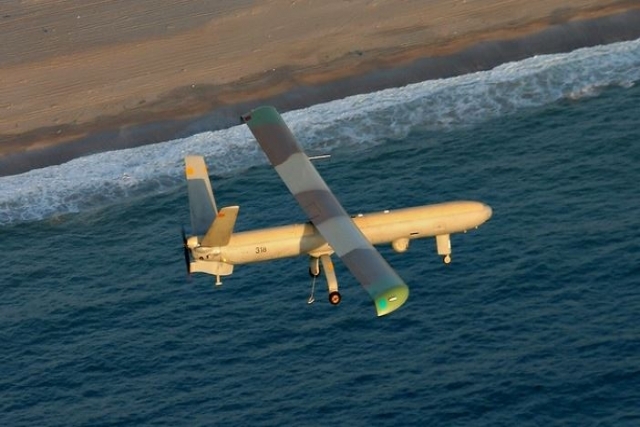
“We welcome the changes announced today that will alter the treatment of General Atomics’ UAS under U.S. export policy. We look forward to this announcement leading to approvals for sales to a larger portion of the international market,” General Atomics tweeted July 24, heralding the US government’s decision.
The Trump move also received some flak. “In this case, it is the MTCR, set up by President Reagan, to restrict exports of unmanned aerial vehicles that can carry nuclear weapons. Trump wants to be free to sell UAVs that can carry heavy warheads, bombs, and other explosive devices more than 300 km,” Congressman Eliot Engel, the chairperson of the House Foreign Affairs Committee said, opposing the move.
Sen. Bob Menendez, D-N.J., the ranking member of the Senate Foreign Relations Committee, called Trump’s move a “reckless decision” that makes it “more likely to export some deadliest weaponry to human rights abusers across the world.” In the past, he was reportedly trying to block arms sales to Saudi Arabia over human right violations.
